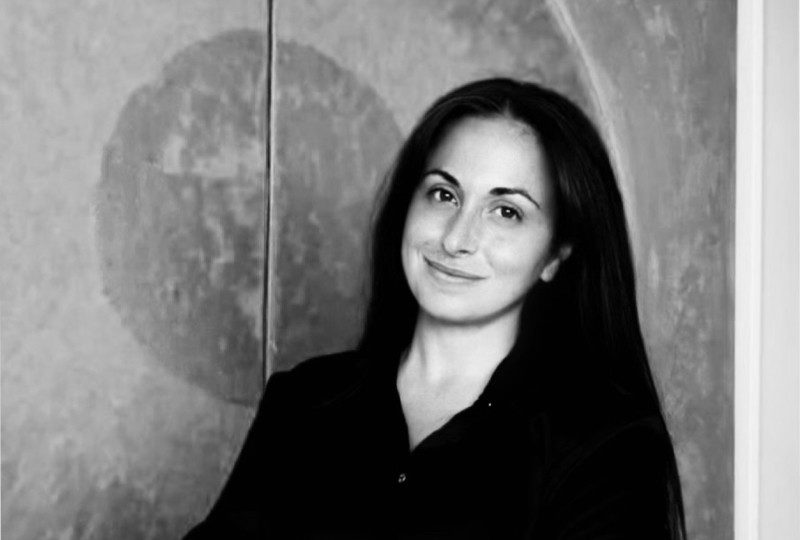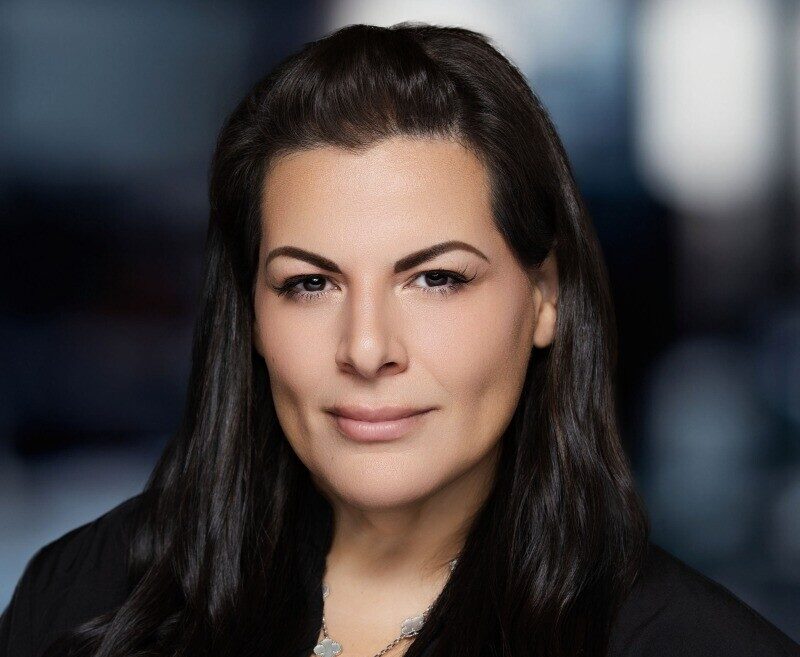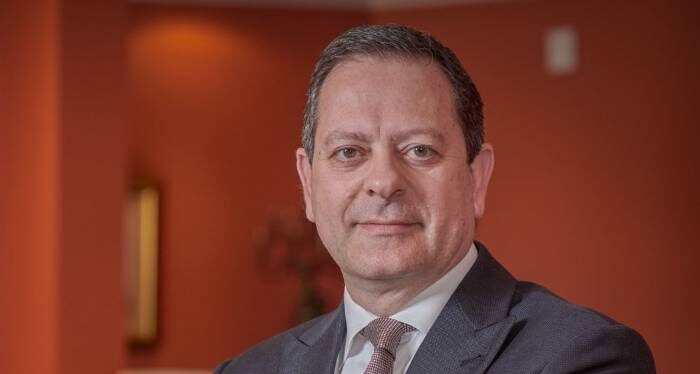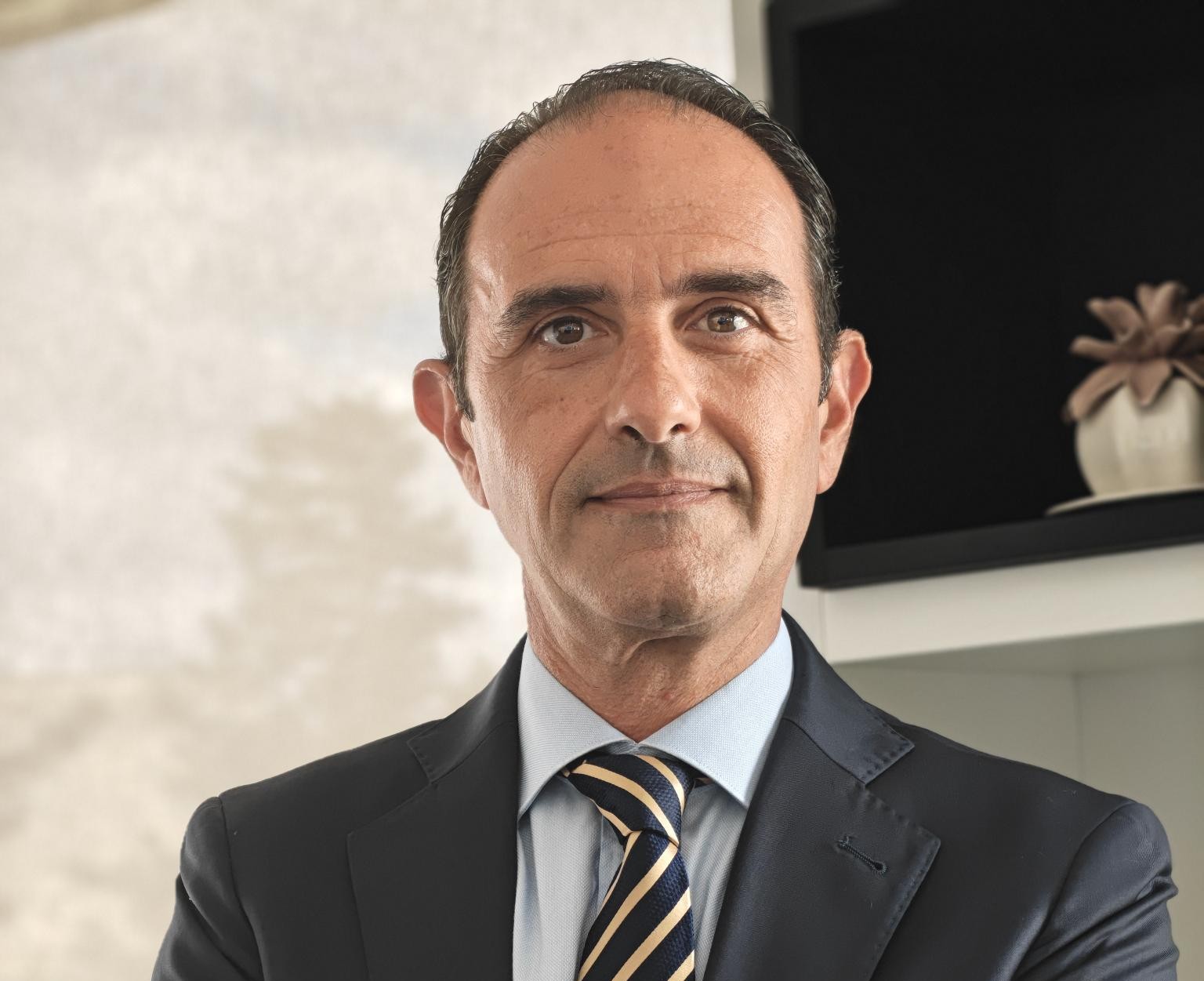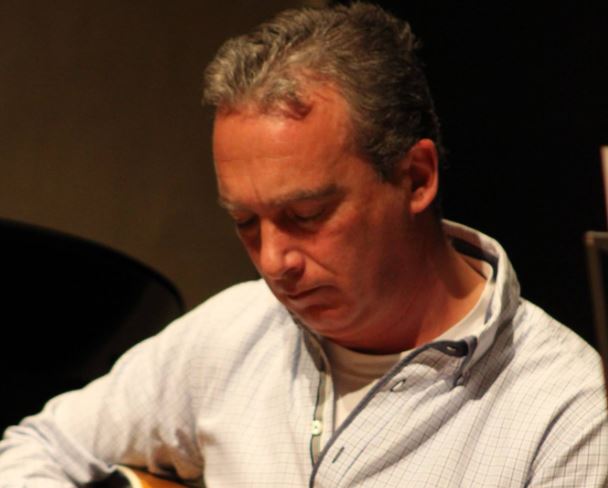According to the Malta Entertainment Industry and Arts Association (MEIA) President, Maria Galea, the primary strength of the Basic Income Scheme for artists, lies in the stability it provides. Artists can dedicate time to research, experimentation, and production without the stress of income gaps.
“Stability breeds creativity, and creativity fuels growth, not just cultural, but economic and social,” Ms Galea shares with MaltaCEOs.mt.
MEIA is closely watching Ireland’s move to make its Basic Income for Artists scheme permanent, seeing it as a potential blueprint for Malta.
The initiative, first piloted in 2022, provides artists with a predictable weekly income of €325, giving them the stability to focus on their creative work without the constant pressure of financial uncertainty.
Next year, up to 2,000 new artists will join the Irish scheme, rising to 2,200 if additional funding is secured.
Ms Galea praised the development as the result of years of research, consultation and public support, noting that it demonstrates how governments can support artists in a structured, transparent and sustainable way.
In Ireland, beneficiaries reported improved peace of mind, better planning capacity and higher-quality output.
In Malta, such a scheme could address the long-standing challenge of inconsistent support between projects, enabling practitioners to professionalise, sustain their practice, and remain active in the cultural sector.
MEIA also cautions, however, that care must be taken to avoid perceptions of exclusivity or dependency, and that clear, transparent selection processes are essential.
“The Irish experience revealed some tensions within the community, a divide between those included in the pilot and those left out,” she warns.
“Without transparent selection and ongoing communication, such perceptions can undermine collective trust. Furthermore, any scheme of this nature must avoid fostering dependency or discouraging professional activity. The goal is not to replace work but to stabilise it,” she continues.
MEIA highlights that Ireland’s scheme is the result of years of research, consultation, and public support.
“It demonstrates that creative professionals can be supported in a structured, transparent and sustainable way,” Ms Galea noted.
MEIA emphasises that Malta’s own proposal for a pilot Basic Income for Artists, included in the 2026 Budget Recommendations, was motivated by the same desire: to create security in a sector historically defined by precarity.
“Ireland’s example confirms that when government places trust in artists, acknowledging their contribution as workers, innovators, and community-builders, the social and economic returns are significant,” she explains.
MEIA proposed key conditions for a successful Maltese pilot:
- Time-bound, transparent and research-driven, managed by Arts Council Malta.
- Fair selection processes, including verification of professional status and randomised allocation when demand exceeds availability.
- Rolling cycles to allow new entrants annually and broaden impact.
- Minimal reporting requirements, focused on engagement rather than output quotas.
- Independent evaluation to track wellbeing, time use, and economic participation.
- Integration with existing policies, such as Malta’s 7.5 per cent artist tax rate, residency programmes, and production incentives.
MEIA has been pushing for income stability since 2020, refining its proposals through consultations, research and its 2026 Budget Recommendations.
Dialogue continues with Arts Council Malta, which has been studying artist status, working conditions and sustainability, forming a strong evidence base for policy design.
MEIA concludes: “Malta must move beyond short-term project funding and invest in the people who drive its cultural identity. A basic income for artists is not a luxury, it is a structural reform that recognises creativity as work and culture as infrastructure.”
As Ireland’s initiative demonstrates, predictable income support for artists can foster both creative flourishing and economic growth, offering Malta a compelling model to consider as it shapes its own cultural policies.
‘One minute you’re laughing, the next you’re planning surgery’
iGaming executive Mauro Miceli is taking a sudden fractured elbow as a lesson in resilience.
Simon Alexander Ong to address FPEI Business Breakfast in Malta next December
He is an international author, a globally recognised speaker and coach known for his work on energy management.
Malta’s new family office rules ‘give speed and clarity international families expect’ – Karl Micallef
The changes are widely viewed as a meaningful update to Malta’s private wealth offering.
Former tax chief Marvin Gaerty brought in to steady the ship at Malita Investments
The company has come under fire from suppliers and shareholders.


